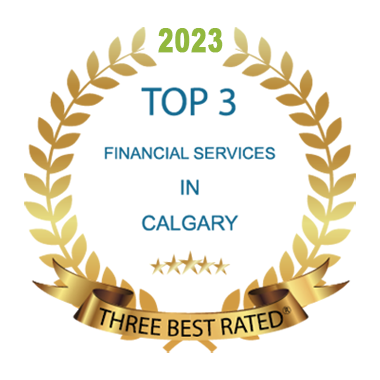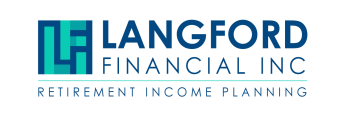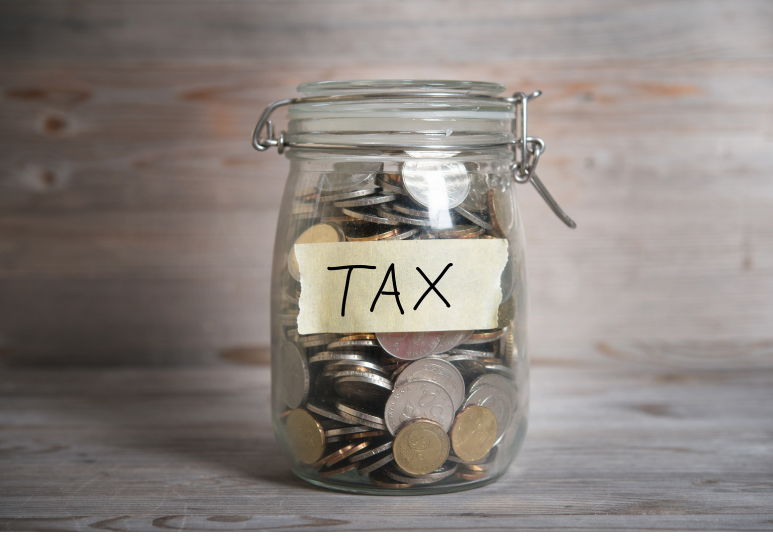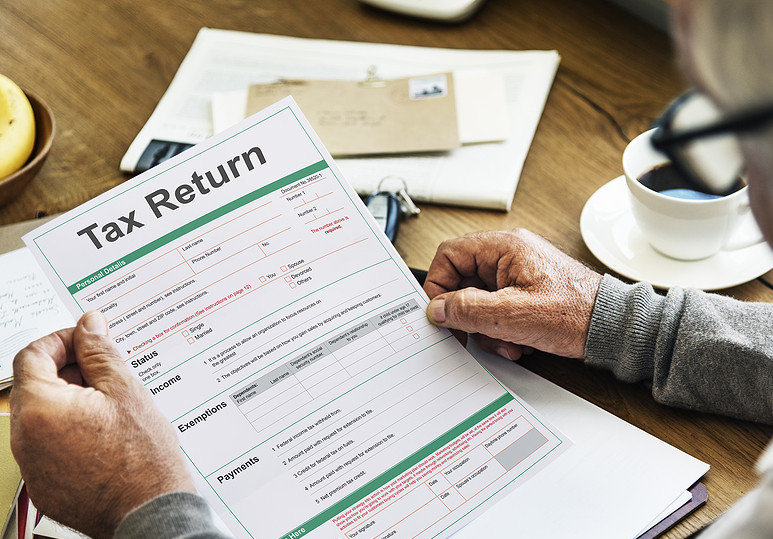When it comes to investing you have many options available.
The problem is understanding the tax implications of the investment vehicles you choose. Different types of income are taxed differently and will have an impact on your total return.
Interest: It's the worst kind of income because it is fully taxable at your marginal tax rate - typically 25 - 36% for most people. If you are a really low-income earner, then it's not a big problem until after age 65 when you are receiving OAS and possibly, GIS.
Dividends: Canadian dividends are what you receive from owning Canadian corporations. This could be in the form of individual stocks, mutual funds or ETFs. Because the corporation already paid taxes on the income they earned, which they are now paying out to you as a shareholder, CRA gives you a special dividend tax credit. This is to avoid double taxation.
Foreign Dividends: You will not receive any form of special tax treatment from CRA for receiving dividends from foreign-owned stocks. However, you will get credit for any taxes withheld by a foreign government on the dividend you receive. For example, if you own shares of Apple and you receive a $100 dividend, IRS is going to take 15% withholding tax and you will receive $85. The good news is that CRA will acknowledge that you paid that 15% and they will not charge you again.
Capital Gains: This is the best form of investment income because you only have to pay tax on 50% of your gain. If you sold a stock and made $1000, you only include $500 in your taxable income. One of the benefits of capital gains is that you can choose when you sell, and in essence, defer your capital gains for years if you want. Spouses even have special privileges where the surviving spouse can continue to hold an asset, at the deceased spouse's ACB, for as long as they live.
Advantages of owning funds:
What I mean by funds is mutual funds or segregated funds. Here's a link to understand the differences.
This is only applicable for non-registered accounts. The fund manager has access to capital gain tax credits that happen within the fund throughout the calendar year. As you know, the fund is made up of millions of dollars from individual owners like you and me. Every time someone sells units of their funds and they incur capital gains, depending on how long they have owned the fund and market conditions. Because of a feature called the "Capital Gains Refund Mechanism," the fund manager gets to allocate these tax advantages on an individual basis to the fund as a whole at the end of each year. These tax credits are accumulating each year and you will report them on a T3 or T5 every tax season. If you use a 'buy and hold' strategy then you can really benefit from this strategy over the long term. Individual stockholders do not get this advantage.
A second advantage is proper diversification. An individual investor could never research and figure out how to own enough stocks in various categories, sectors, and countries to benefit from growth. In fact, most do-it-yourself investors end up with a home country bias, because the names are familiar. Asset allocation is the key to long-term investment success, not trying to pick the winners and avoid the losers.
The third advantage is not having to do all of the research and analysis yourself. It's an incredible amount of work to decide what stocks to buy and how much of each. Then you have to figure out how long to hold a stock and when to sell. If you are going to sell what are your alternatives with the money?
A fourth advantage is when you turn 71 and it's time for converting RRSPs to RRIFs. At this point, you have to start taking income and you have to start selling a little bit of something to generate your RRIF minimum. This RRIF minimum will increase every year after age 71 and the amount of money you have to take out increases as well.
This is why I think that owning funds offer an easier and more tax-efficient investment strategy over individual stocks.
If you need some help with your retirement planning check out our fee-only service by clicking here.
Fee-Only Retirement Income, Investment & Tax Planning,
Willis J Langford BA, MA, CFP
Nancy R Langford CRS







